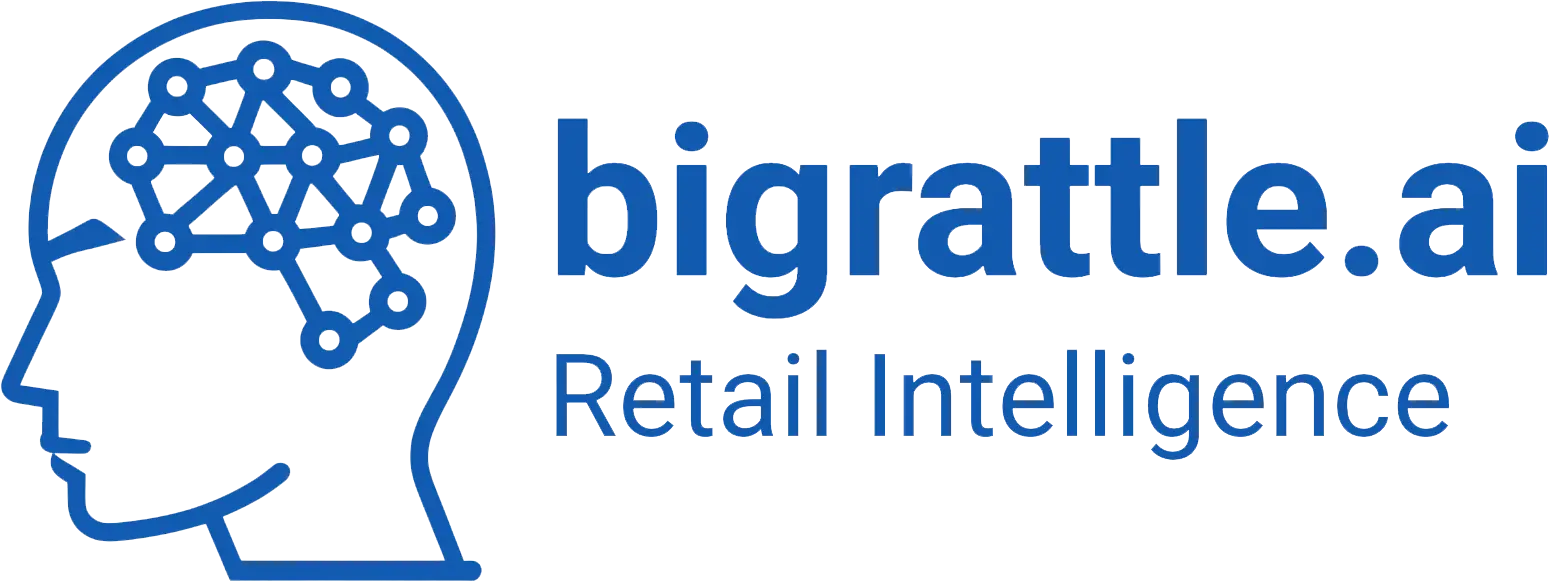5 Ways to Develop Effective AI Software for your Business

The rapid evolution of Artificial Intelligence (AI) has revolutionized industries and transformed the way we interact with technology. Developing AI solutions requires a strategic approach that blends technical expertise with creativity. Most importantly, the software should be effective in meeting the expectations and specifications of businesses for accurate results. Let us look at the 5 effective ways to develop AI software necessary to create innovative and impactful solutions.
5 benefits of professional AI development services
Several benefits are associated with utilizing professional AI development services. Let us look at the main advantages:
1. Define Clear Objectives
The first step in developing AI software is to define clear and specific objectives. For instance, what problem are you aiming to solve? What value will your AI software bring to users? By articulating your goals, you provide direction to your development process. Whether you're building a recommendation system, a chatbot, a natural language processing tool, or an image recognition application, having a well-defined purpose guides every subsequent decision.
2. Data Collection and Preparation
Custom AI software development depends a lot upon data. Gathering relevant and high-quality data is paramount to the success of your project. Identify the types of data you need and explore various sources to compile a robust dataset. However, raw data rarely arrives in a usable format. Data preprocessing is a crucial step that involves cleaning, transforming, and structuring the data to make it suitable for training AI models. A clean dataset lays the foundation for accurate AI predictions and outcomes.
3. Choose the Right Algorithms and Models
Selecting appropriate algorithms and models is a pivotal aspect of AI software development. Depending on your objectives and data type, you'll need to choose from a wide array of machine learning and deep learning techniques. Algorithms like decision trees, support vector machines, and neural networks offer different capabilities. Research the strengths and weaknesses of each approach and tailor your choice to your project's requirements.
4. Iterative Development and Testing
Custom AI model development requires an iterative process that involves continuous refinement and testing. Start with a basic model, validate its performance, and gradually enhance it. As you iterate, monitor the model's accuracy, speed, and efficiency. Incorporate feedback and fine-tune parameters to ensure your AI software consistently improves. Rigorous testing is essential to identify issues and enhance the model's reliability before deployment.
5. Embrace Ethical Considerations
AI software has a profound impact on society, making ethical considerations crucial. Ensure that your AI models and algorithms do not perpetuate biases or discriminatory practices. Transparent decision-making is essential—users should understand how AI-driven conclusions are reached. Prioritize user privacy and data security by implementing robust encryption and protection mechanisms. Keep these ethical considerations in mind in custom AI model development to be useful for your business.
Final Thoughts
Developing AI software demands a blend of technical prowess, creativity, and a deep understanding of the problem you aim to solve. By setting clear objectives, collecting and preprocessing data, selecting appropriate algorithms, embracing an iterative development approach, and prioritizing ethical considerations, you pave the way for creating impactful and effective AI solutions.
Developing an innovative AI solution is not easy. The process requires strategic planning and execution to get the desired solution. An consulting company can guide you through the software development process for your business. Big Rattle is a reputed company offering comprehensive consulting services to businesses. Call us for consultation now.

Write a comment